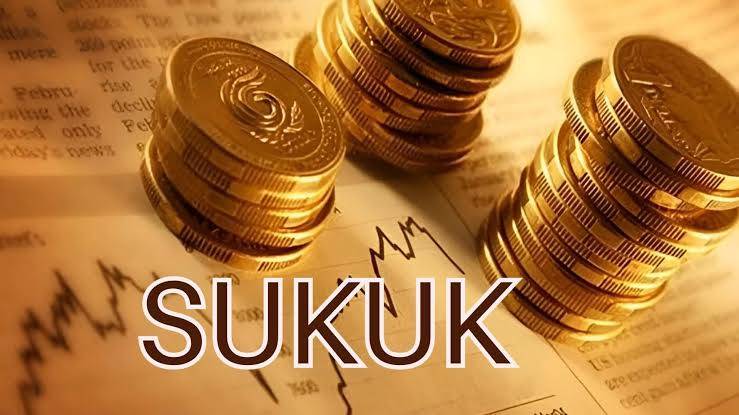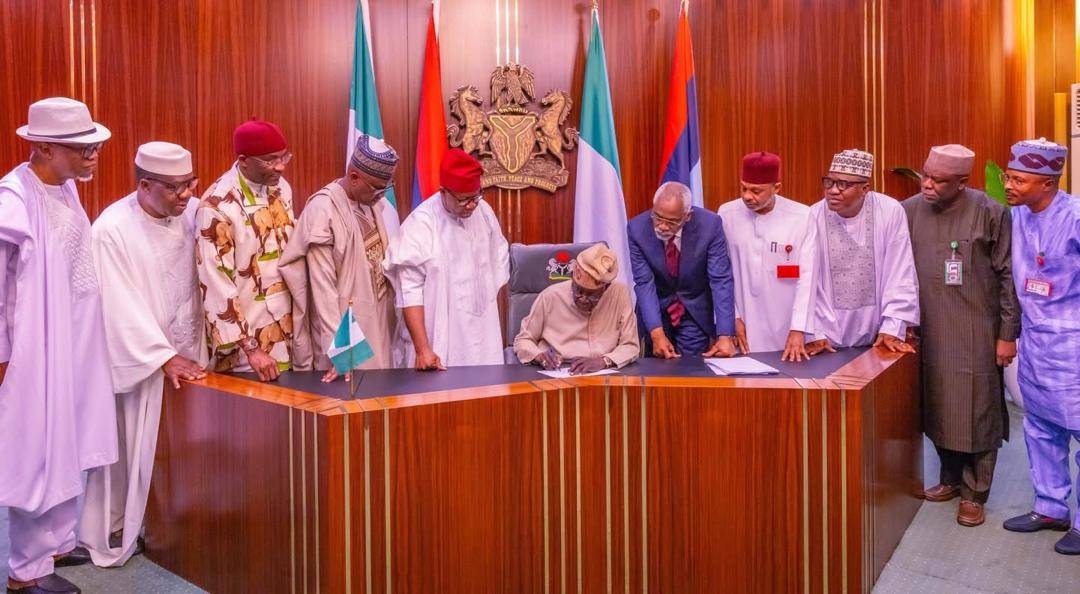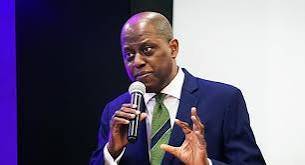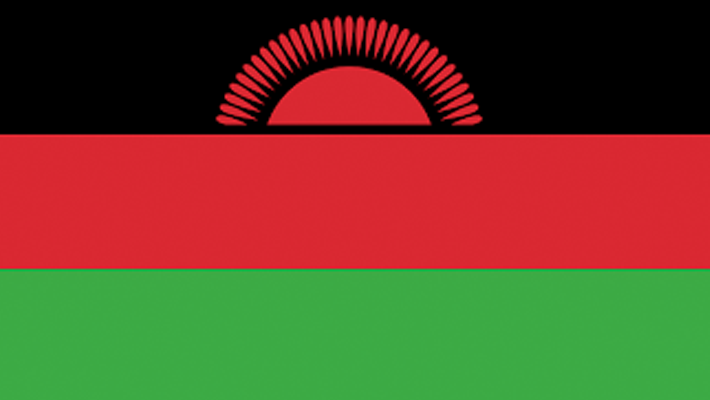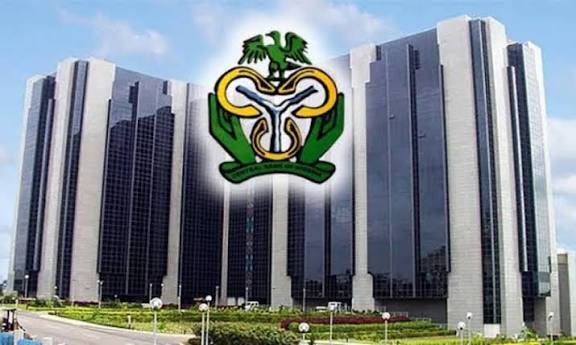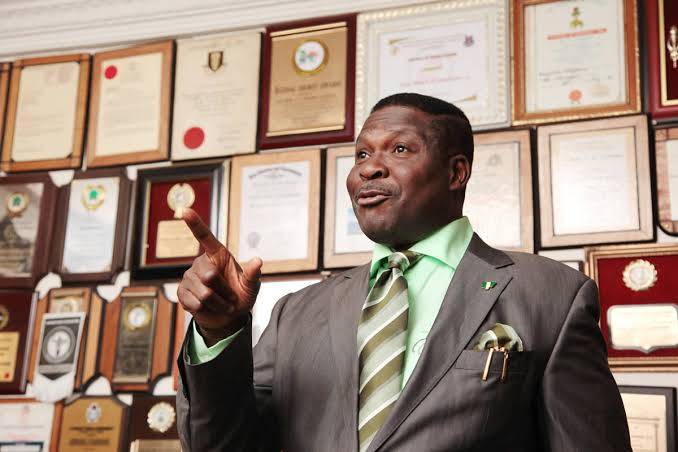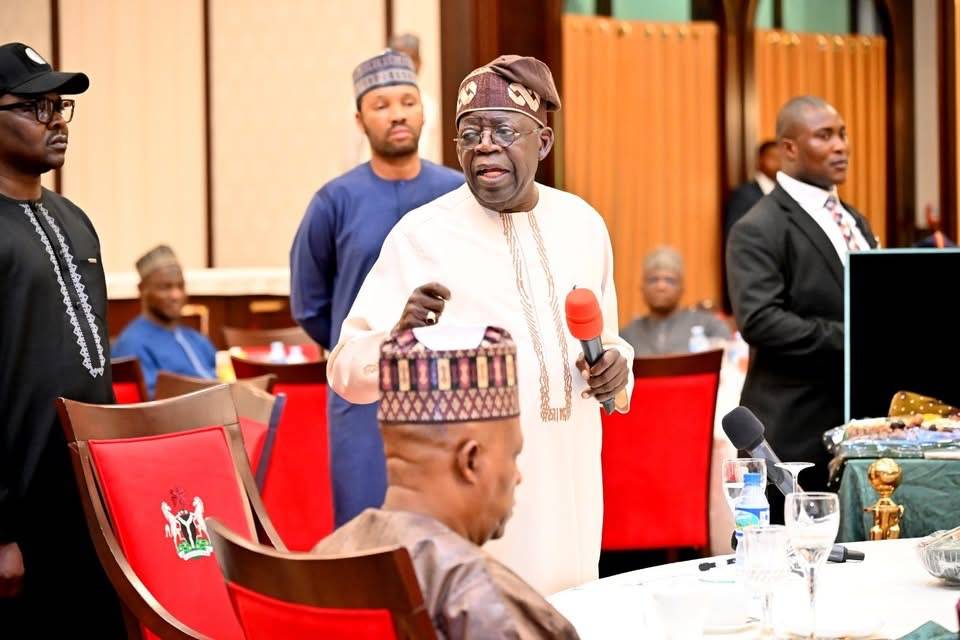The President Bola Tinubu-led Federal Government of Nigeria has successfully redeemed its first-ever Sovereign Sukuk worth N100 billion, issued in 2017, reemphasising its commitment to transparent and responsible debt management.
This achievement was made known on Monday at an Investor Meeting hosted by the Debt Management Office (DMO) in Abuja, coinciding with the launch of a new N300 billion Series VII Sukuk.
According to the DMO, all investors in the 2017 Sukuk have received full repayment of their principal, following earlier distributions of periodic rental returns. The Central Bank of Nigeria (CBN), acting as the Paying Agent, facilitated the scheduled disbursements and final redemption, with the government repurchasing the underlying road assets to conclude the investment cycle.
Speaking at the event, DMO Director-General Ms. Patience Oniha highlighted recent macroeconomic improvements, including Fitch Ratings’ upgrade of Nigeria’s credit outlook. She emphasized that ongoing reforms, particularly by the Central Bank of Nigeria, have helped stabilize the foreign exchange market.
“There’s more transparency now. FX supply has improved, and exchange rates have become more stable,” Oniha said. “Some of the measures were initially tough, but their benefits are beginning to materialize.”
She expressed optimism about further revenue gains from the oil and gas sector, driven by new presidential initiatives.
Addressing Nigeria’s public debt, Oniha stated that the total debt stock stood at N144.67 trillion as of December 2023, split nearly evenly between domestic and external obligations. The sharp depreciation of the Naira, she explained, has inflated the naira value of dollar-denominated debts.
“External debt remains around $42.5 billion, rising slightly after a $2.2 billion Eurobond issuance in December. However, the weaker Naira has led to a higher domestic valuation,” she noted.
Oniha also pointed to the inclusion of N30 trillion in Ways and Means advances—emergency borrowings used to cover budget deficits—as a significant factor in the increased debt figures.
She reassured investors that Nigeria’s debt remains sustainable, noting that over 60% of external borrowings come from multilateral and bilateral sources, including the World Bank, African Development Bank, China, India, and Germany. These sources typically offer more favorable terms than commercial lenders, reducing vulnerability to market volatility.
Domestically, Oniha described the bond market as robust and diverse, with instruments such as Treasury Bills, Federal Government Bonds, Savings Bonds, and Sukuk regularly issued.
“There’s something for everyone—whether a large institutional investor or an individual saver,” she said. “This variety ensures the government isn’t reliant on any single funding stream.”
She added that over 70% of domestic debt is issued by the federal government, often with long tenures of up to 30 years, making it a strategic component of Nigeria’s financing framework.
Despite the debt-to-GDP ratio surpassing 50%, Oniha affirmed that Nigeria remains within international benchmarks set by the IMF, World Bank, and ECOWAS.
“Debt sustainability isn’t just about debt levels; it’s about boosting revenues and expanding the economy. As GDP and tax receipts grow, our debt-servicing capacity improves,” she said.
She commended the National Assembly for passing new tax legislation aimed at enhancing revenue and easing borrowing pressures. These reforms, along with stronger oil revenues and FX market stabilization, are laying the groundwork for a more sustainable fiscal future.
The new N300 billion Series VII Sukuk will finance critical road infrastructure across the country, continuing the legacy of earlier Sukuk-funded projects that have transformed Nigeria’s transport landscape.
The DMO reaffirmed its dedication to transparency and investor engagement, stating that future Sukuk issues will continue to uphold the principles of Islamic finance—interest-free, ethical, and asset-backed investing.
Sukuk has become a vital tool in Nigeria’s infrastructure funding strategy, attracting both local and international investors while strengthening public trust through consistent coupon payments and redemptions.
With this latest issuance, Nigeria is reinforcing its commitment to diversified financing, sustainable debt practices, and inclusive economic development.


